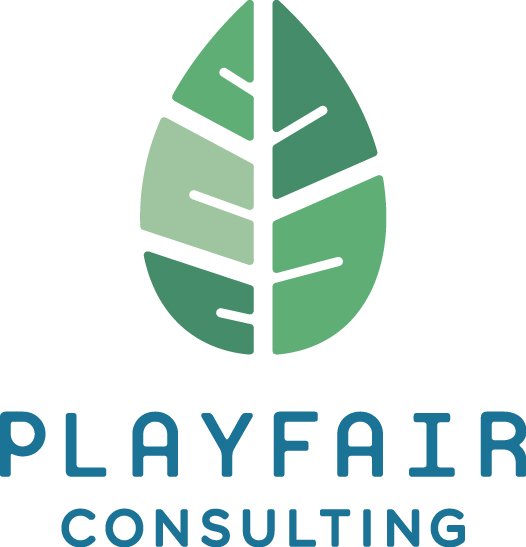Dear teens with OCD (and your parents too)
Be your own OCD superhero!
I’ve noticed a big uptick in new client inquiries by teens with OCD and their parents. My colleagues report seeing the same. There aren’t enough of us to treat everyone needing help and it’s heartbreaking to have a teen ready for therapy, no space in your schedule, and no ideas on where to refer them. It’s maddening and it’s been going on since the start of the pandemic. So what should teens and parents know about getting OCD treated? Teens, you’re the client here so I’m going to talk to you. Share this with your parents, please!
This is a PERFECT time to take on OCD and get more psychologically flexible. I’m sure that in your health classes, you’ve learned about brain plasticity. Right now your brain is still SO much easier to change than it will be when you’re older so doing this work now is great timing. If you can learn these skills now, you can save yourself a lot of headache and heartache in the future.
The developmental period you’re in right now means that part of your OCD symptoms may be explained by your new psychological abilities. You may suddenly notice and experience a sense of risk to your safety and the safety of others. This is overwhelming because it’s new. So yes, some of the OCD symptoms you experience may be things you grow out of. That said, an OCD therapist can help you get through it faster and with less stress and prevent OCD-coping from becoming a long-term strategy.
OCD therapy is expensive and it’s work. If your parents are shelling out for this treatment, please participate. If you’re not ready yet, try some insight oriented therapy (easier to find in-network with your insurance) until you’re ready for ERP/CBT/ACT therapy for OCD.
Your job right now is to differentiate from your family and become independent. I get it. I remember it (even though I’m kind of old now). Let’s try to frame independence as you being the master of your OCD rather than you deciding you don’t want to go to the therapy your parents want you to attend. Therapy can be fun - even OCD therapy.
YOU are our client and we can’t do therapy to force you to accomplish your parents’ goals. Please highlight this sentence and show it to your parents before you start therapy. I really don’t want to have to explain to them that I can’t make you want to fix something you don’t want to. While they can provide your therapist good information about how they see your symptoms, we CANNOT “fix” you based on their goals.
All this said, your parents MUST put limits on how OCD is impacting the family. Are you taking hour-long showers three times a day due to contamination OCD? They pay the water bill and they CAN say that they will do things to limit the damage to their pocketbook. Are you missing a ton of school, putting them at risk for legal trouble for you not being in school? They CAN set limits on keeping themselves out of jail. Are they refusing to participate in an elaborate ritual that your OCD is telling them is necessary? They DO NOT have to participate in your OCD. I will work with you and them to come up with a kind way of withdrawing accommodations but they will eventually NOT accommodate your OCD.
In reference to #4 and #5, I may tell you that you and your family need FAMILY therapy to navigate this part of treatment. While I often do parent conferences, I am not a family therapist. I’m your therapist.
OCD therapy is part therapy and part education. I’m going to teach you about how OCD works and help you develop plans to shrink it back to something more manageable. Over time, you’re going to learn more and more about your OCD to the point where you basically become your own therapist by the end of treatment. My job is to work myself out of the job as your therapist, as fast as I can.
If your OCD is super intense or sticky, you may need a medication evaluation. If you need medication to loosen up that OCD, that doesn’t mean you will need it forever. It doesn't mean you’re crazy. More folks than not benefit from medication to loosen up OCD. You’re in good company if this is something you end up needing. Your pediatrician may be able to help or they might refer you to a specialist.
Your parents may help you find OCD therapists but you should interview them before meeting them. Ask your questions about treatment. Check out the free course I made that includes a list of questions you can ask a prospective therapist (see button).
Also, if your counselor offers it, review and sign your own consent paperwork. While laws vary from state to state, you will likely have some more confidentiality protections if you review and consent yourself. Again, please check your local laws to know for sure what your privacy rights are but at this point in your life, you need to be able to review, comprehend, and consent in an informed fashion to your own healthcare. Your parents or therapist can help you review any parts of the paperwork that are unclear but I generally advocate for teens to do their own paperwork.
If you’re stuck looking for an OCD therapist as a teen, keep looking! I hope my “Finding a Therapist” article in the free members section of this website can help you shorten your search.
Make sure you and your parents are on the same page with how OCD treatment works and how to work together with your therapist to make you all masters of your own OCD.
